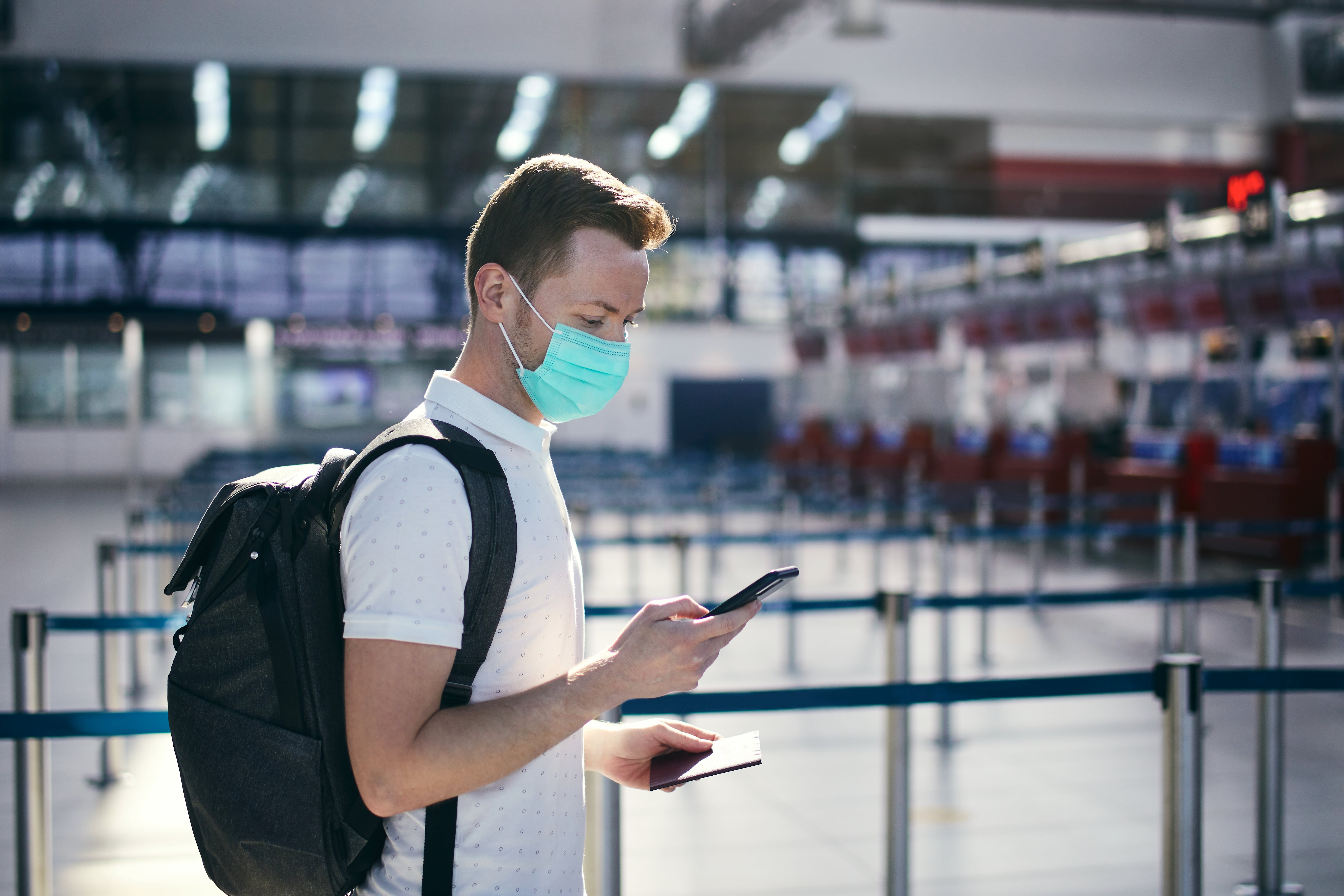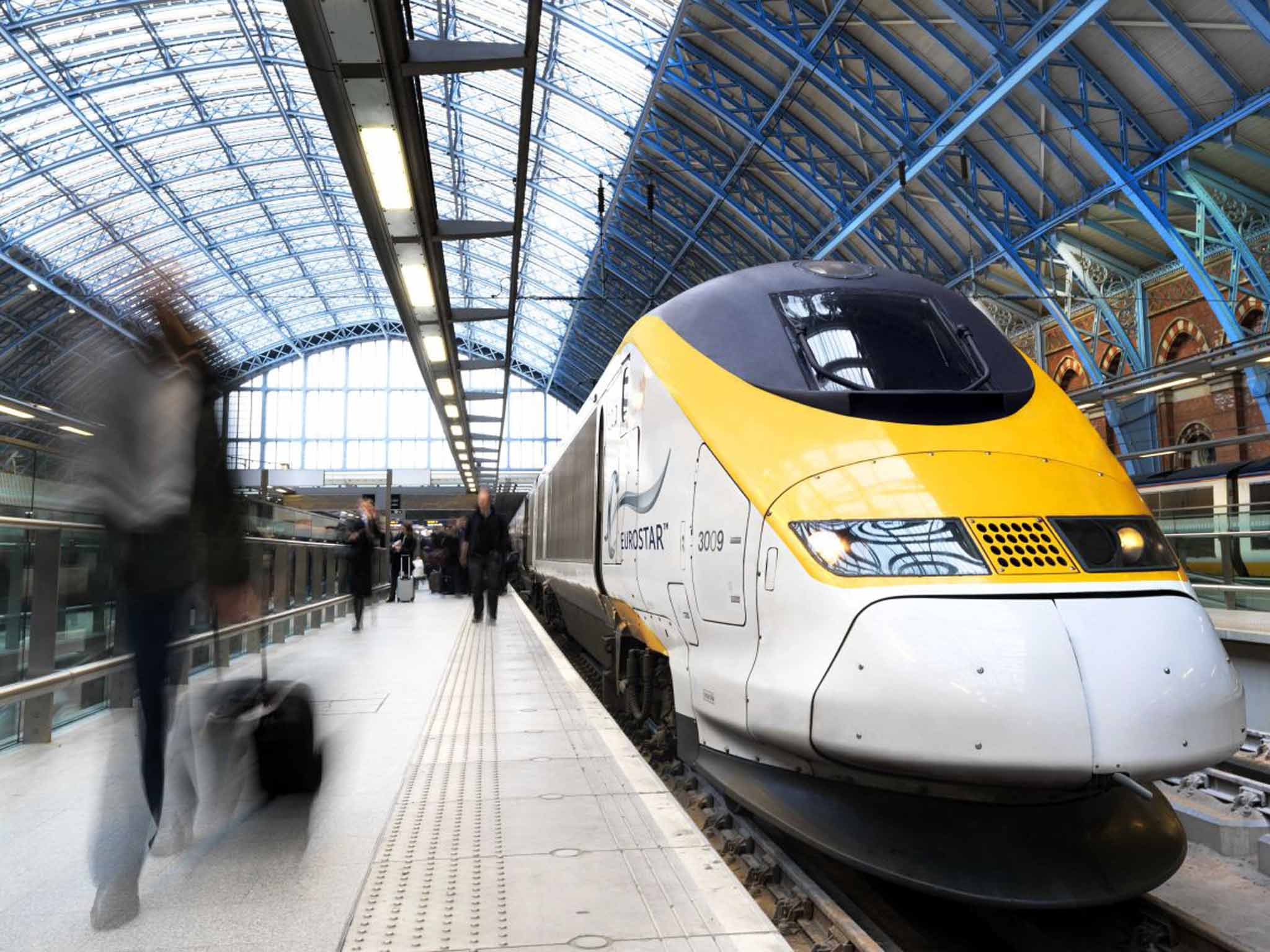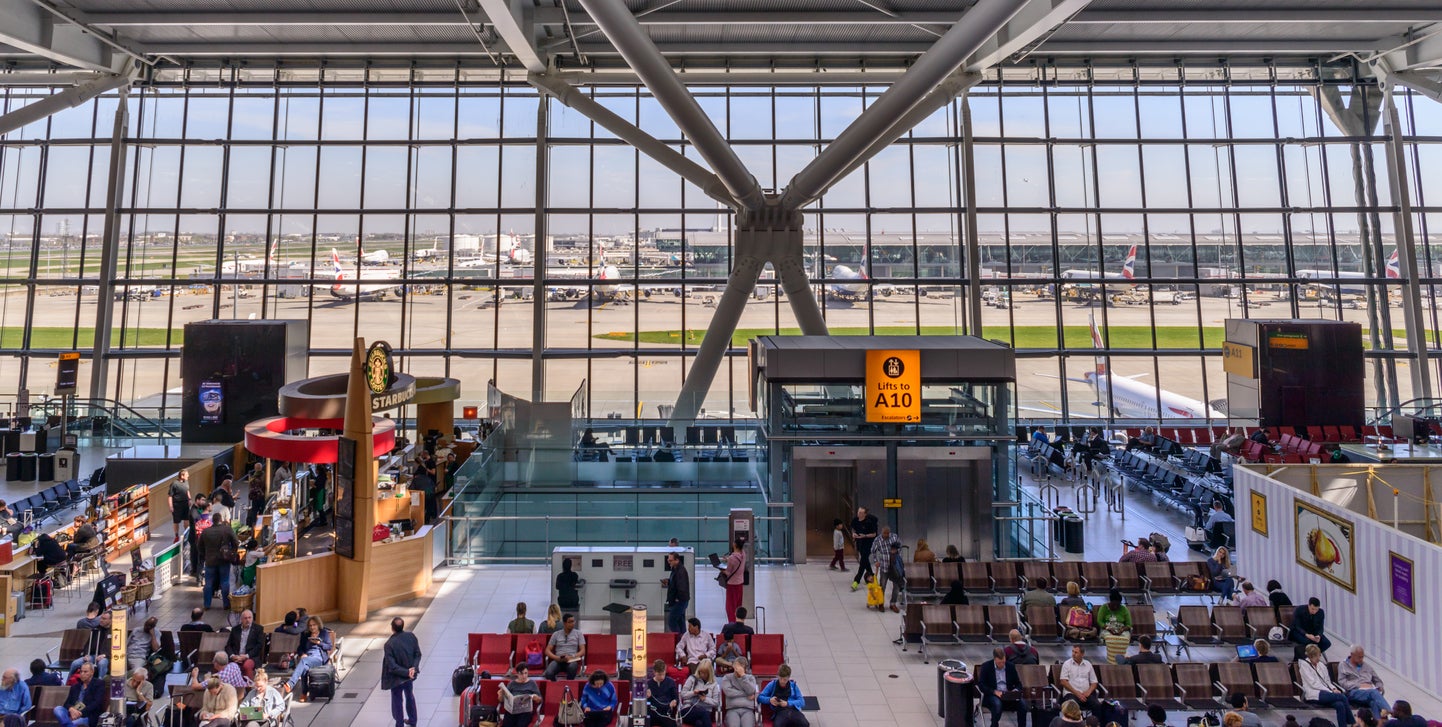What are the most comfortable masks to use on long-haul flights?
Simon Calder answers your questions on flying comfortably, taking bikes on Eurostar, and whether the Russia-Ukraine war could affect a trip to southeast Asia


Q Can you advise what type of passenger mask you used (and which are acceptable and/or comfortable) on your long-haul flight to Australia?
Jean F
A Passengers at international airports are required to wear face coverings, including during transit stops. Accordingly, on my recent trip to report on the reopening of Australia, I experienced pretty much 30 hours straight of mask-wearing in each direction – far more than I have ever done before.
I recommend the semi-surgical-looking variety known as FFP2 (or KN95), which cost about £1 each when you buy them in packs of 20. They have a good, tight fit and are therefore more effective than, for example, the fabric or flimsy disposable face coverings that many people use. Unfortunately, they are not as comfortable as masks that do little good.
I flew out on Japan Airlines via Tokyo to Sydney, and came back on Qatar Airways as far as Doha, then on British Airways. On all three carriers, passengers wore a variety of masks. Enforcement was patchy: it was almost non-existent on the London-Tokyo leg, on which one Australian traveller decided the mask requirement did not apply to him. He was not admonished. But on the 14-hour Qatar Airways flight, cabin crew patrolled regularly and politely instructed passengers who were not wearing face coverings (or had let theirs slip) to use them properly.
A traveller who flew out to Australia on Qantas reports that passengers had to wear their masks properly at all times. People who had fallen asleep and whose face coverings had slipped were woken up so that they could fix them – a good reason for having a well-fitting mask.
During meals, and when drinking, passengers are permitted to remove their face-covering, which was something of a brief relief.
Overall, though, I was surprised, given the length of the flights, how easy it was to tolerate the mask. Much more annoying was the usual problem of a lack of legroom on long-haul flights in economy.

Q Can you please find out when Eurostar will start allowing bikes to be booked via EuroDespatch? The recorded message says it’s still unavailable. This is huge for anyone planning a cycling trip in France.
Name supplied
A Eurostar has an extremely generous baggage allowance: adults in standard class are allowed two large suitcases and a piece of cabin luggage. But full-size bikes are excluded because of their dimensions: the storage areas are simply incompatible with bicycles. For the first quarter-century of its existence, Eurostar had an excellent arrangement for people who wanted to take their bikes: the EuroDespatch luggage service. It was slightly clunky: you had to call to check whether cycles could be carried on your chosen service, then buy a ticket for yourself and call EuroDespatch back to book the bike in. But keen cyclists were prepared to jump through the hoops in order to have their machines with them.
Over the past two years, though, Eurostar has been losing hundreds of millions of pounds and has seen its passenger numbers collapse. EuroDespatch quickly lost its financial viability, and the bike onboard service was suspended. Eurostar tells me: “We are working on bringing back the registered service by summer 2022, but I am afraid are unable to confirm a date at this time. In the meantime, you can bring a folding bike as long as it’s no longer than 85cm in length and is carried in a protective bag. This is part of the regular baggage allowance, and therefore does not incur a charge.”
As the owner of a Brompton folding bike, I relish the option to take it with me to Paris, Brussels or Amsterdam. But I also recognise that better cyclists than I are very keen to have a “proper” bike. One solution: take your bike on the train from London to Dover; ride over to the port, and pedal onboard a ferry to sail across to Calais; and then check which onward trains will allow you to take your bike onboard. Or, as I like to do, simply rent a bike abroad.

Q My daughter is preparing to travel to Thailand, Cambodia and Sri Lanka for three months. I’m concerned about the volatile situation between Russia and Ukraine and the ensuing conflict, and any effect this may have on her safety and travel arrangements. Is it just me being an overprotective mother?
Sarah J
A Your daughter’s planned trip sounds fabulous and I am most envious. Any parent feels naturally apprehensive when their child sets off on an exciting adventure. Were my daughter lucky enough to be going to southeast Asia, my only three significant concerns would be these:
Road accidents... death rates on the roads of this region are tragically high. I would urge her to travel by train or air wherever possible rather than by road. Where a road journey is the only option, I would offer to pay the difference so she could travel in the best possible class of bus, or in a proper taxi, rather than a cheap and poorly maintained bus or on the back of a motorbike “taxi”.
Accidents in water... a combination of lethal rip currents and swimming or diving when intoxicated costs far too many lives among young British travellers. Advise your daughter to watch the RNLI video about how to avoid or survive rip currents.
Drink spiking and date rape... “Be careful about taking drinks from strangers or leaving your drinks unattended,” the Foreign Office warns.
My lesser concerns would mostly be about whether the coronavirus pandemic could prevent her from making the most of her trip away: even though international travel restrictions are falling away, there are still plenty of complications about crossing borders.
Meanwhile, Russia’s brutal invasion of Ukraine is of immense concern to us all, both from a humanitarian point of view and the perspective of security in Europe. But the chance that it might affect your daughter’s trip is vanishingly small.

Q Grant Shapps has generously (ahem) removed the requirement for Ukrainians arriving in the UK to complete a passenger locator form. Isn’t it about time he removed the requirement entirely, at least for British citizens arriving home? I view this pointless and burdensome form as a restriction on travel freedoms. Do you see any sign of it being removed anytime soon?
Smart Mart 59 via the latest Ask Me Anything at independent.co.uk/travel
A “You do not need to complete a passenger locator form if you started your journey to the UK in Ukraine,” the government now says. Removing the requirement for people escaping Russian bombardment to complete this complex and incoherent form before boarding a plane, train or ship to Britain strikes me as an obviously good decision (though I question whether it merits a self-congratulatory tweet from the transport secretary, Grant Shapps).
The move raises the profile of this document, which every other traveller to the UK must fill in. I am unconvinced that it has any meaningful purpose – rather, I think it is one of those annoying pieces of red tape that lingers well beyond the point at which it ceases to have any value.
Huw Merriman, Conservative chair of the Transport Select Committee, agrees, saying: “It’s a drain on international travel, the sector arguably most impacted by the pandemic.”But ministers insist that the passenger locator form remains an essential element of Covid-19 precautions.
While some leaks to friendly media suggest it will be removed before Easter, the very fact that this week the government chose to increase the time in which you can compete the form from 48 to 72 hours suggests that it is not about to be removed. Otherwise, why would they have bothered?
Email your question to s@hols.tv or tweet @simoncalder






Join our commenting forum
Join thought-provoking conversations, follow other Independent readers and see their replies
Comments